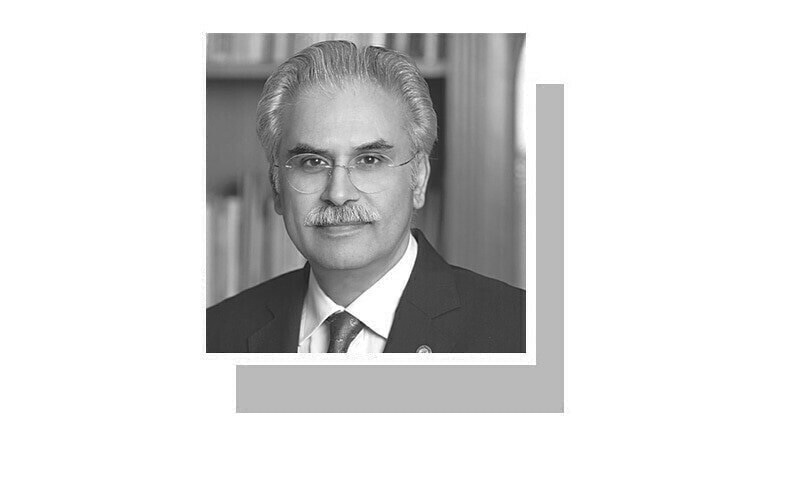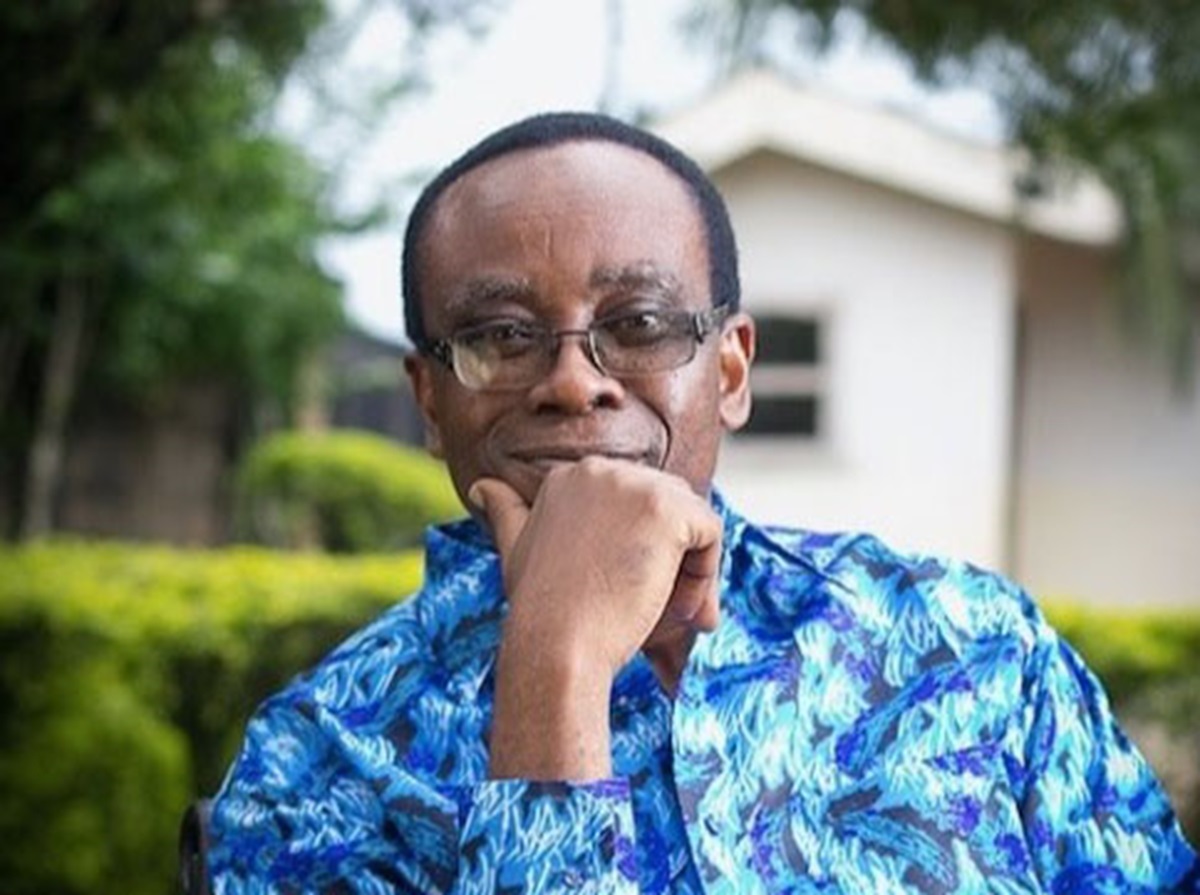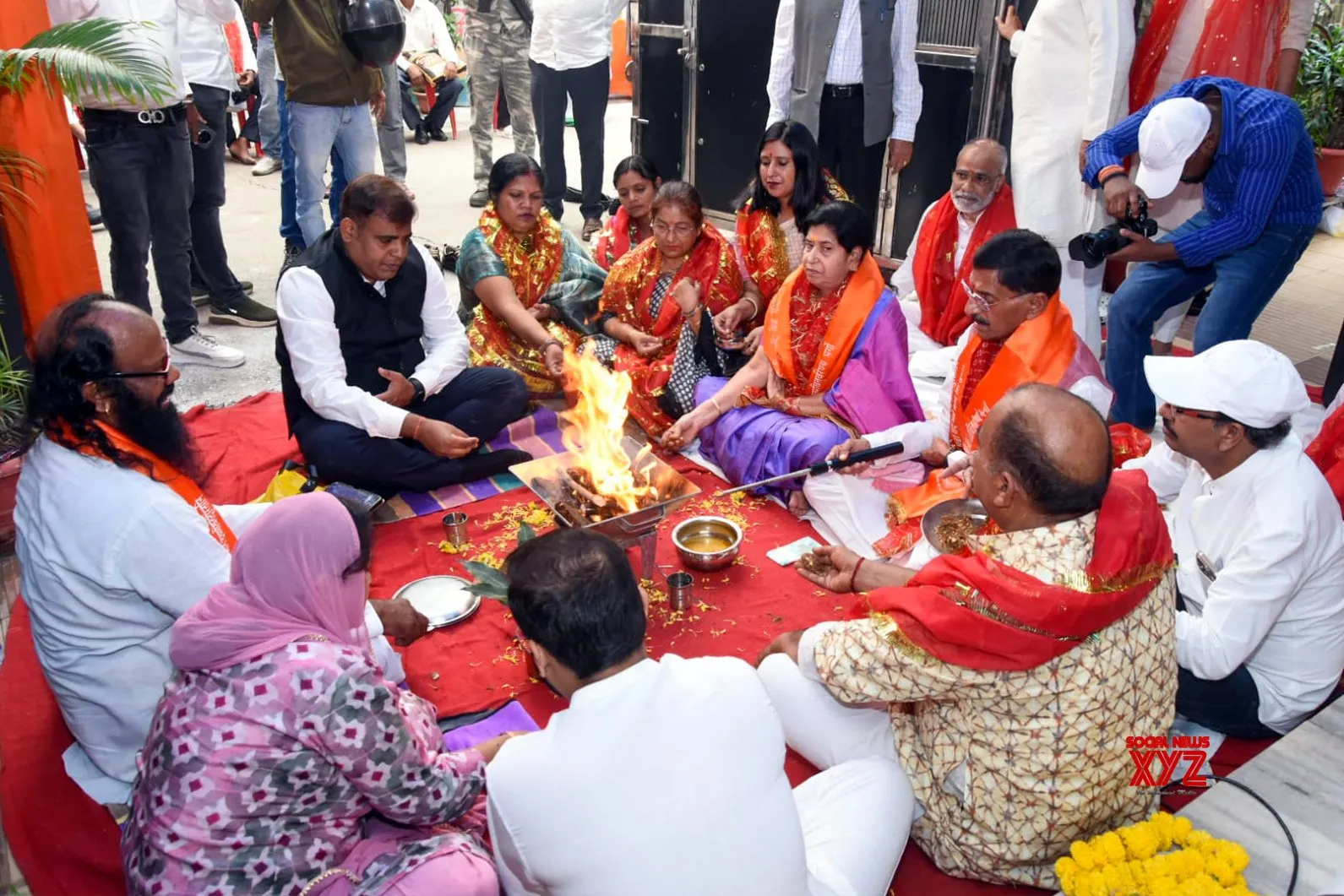Opinion | Humanities And Social Sciences In India Need An Urgent Overhaul To Regain Relevance And Sanity
By News18,Sreejit Datta
Copyright news18

Poor old humanities and social sciences (henceforth HSS) disciplines are under attack again. And this time, the charge against HSS is being led by the self-designated ‘Indian Right’ on social media.
Social media is abuzz, as it so often is, with angry reactions from ‘Right-Wing’ users targeting humanities and social sciences departments from top Indian institutions. Sometimes, the attacks are becoming so unhinged as to call for the abolition of all HSS departments from India’s public-funded institutions. India’s mainstream English media, too, has taken a cue from its younger but more robust counterpart and joined the discourse in its usual sensationalist style. The whole thing is creating more cacophony than a cool, rational debate on the matter, and therefore clarity of thought – the mother of all good public policy – has fallen victim to it.
At the centre of the storm lies a series of ‘exposé’-s carried out by a few social media handles, in which the involvement of faculty members from certain top Indian institutes in activism-oriented academic projects was brought to light before a larger (social media) public. Names were named, allegations of anti-national activities were raised, and both political as well as institutional authorities were tagged in these social media posts. Result?
Sympathisers of both the Left and the Right hurled online abuses at each other; one top institution from Western India blocked (and later unblocked) a social media handle spearheading the campaign against the HSS departments; and the authorities who were tagged in the posts, in the hope of some kind of high-handed divine intervention on their part, have nonchalantly ignored the posts so far.
One suspects that nothing more than this can ever be achieved anyway by such vituperative social media outbursts and peremptory calls for abolishing HSS departments from India’s public-funded institutions. It would yield much better and more positive results if the same agitating social media handles had applied themselves to mastering one or more HSS disciplines, and then proceeded to counter the academic reports, studies and activism they oppose so passionately. Such a challenge would have been more effective because it would have been fuelled by a robust argument and justified by the internal logic of the disciplines themselves.
But then, it would take quite a bit of hard work, an exercise of discipline at individual and ecosystem levels, and rigorous application of academic methodology – things that are time-consuming, and far less glamorous or instantly gratifying, or even materially rewarding, when compared to the dopamine-secreting social media traction from rage-baiting sensationalist posts. One can even monetise large social media followership! In short, exposés fetch likes, shares, and subscriptions, but academic studies/critiques/rejoinders don’t – not as promptly or as generously as it happens on social media, at any rate.
Feel-good dopamine shots, fifteen minutes of fame and monetisation apart, social media ‘activism’ suffers from the obvious handicap of being taken lightly, and dismissed even more brusquely, by people whose actions ultimately move heaven and earth. At least so far, the recent spate of social media cacophony calling for the abolition of HSS departments has met with a similar fate.
No serious player – be it policymakers, institutional administrators, or academics – seems to have taken these angry calls on social media seriously. This is because the social media handles raising a hue and cry on the issue lack the crucial element of legitimacy, which their opponents enjoy to a great extent, sometimes even unduly. What gives them such legitimacy? Why, their fortified positions within academia. Now, one feels tempted to ask the agitating social media handles this question: What stops you from occupying similar positions in the academy?
One suspects that the answer lies in a deep-seated disdain for HSS disciplines harboured by those who like to identify with the Indian Right. This collective – if it can be called that – is dominated by technologists and technocrats who hardly ever had any exposure to humanistic studies beyond their high school days. They are primarily engineers, doctors, accountants or businessmen who often feel helpless, and are frequently given to an impotent but quick temper, while encountering highly articulate and sharp HSS graduates and academics arguing about a cause, no matter how contrived or subversive those arguments may be.
This group’s naivete and incompetence in dealing with complex arguments or narrative-building exercises could perhaps be cured if its members shed their hubris and engage seriously – and critically – with various HSS disciplines. One glaring instance of this naivete lies in the very label that this group often readily identifies with: the ‘Right Wing’. It tells us that they know little world history and even less of their own national-cultural history. Despite really being either Indian conservatives or progressive nationalists, they often proudly designate themselves as the ‘Indian Right Wing’, demonstrating that they know little to nothing about the European or American (Western) Right, or even the Islamist Right, for that matter.
The Western and Islamist Right are defined by their respective inherent xenophobia towards specific ethnic groups (Africans, Hispanics, Asians, or Jews, for example), a trait which the self-proclaimed ‘Indian Right’ definitely doesn’t share. Neither is the Indian conservative and/or progressive nationalist averse to ideas of complete government control over essential service sectors like education and health, as demonstrated by the recent social media outrage over HSS that insists on its abolition in India’s public-funded institutions. Note that the central thrust of this social media uproar is specifically on abolishing the HSS departments and not on completely defunding the institutes themselves. None of these justifies the designation ‘Right Wing’ for Indian conservatives and progressive nationalists. But here they are.
To effect long-lasting policy changes that can ensure a defeat of subversive, seditious and unpatriotic elements from academia, concerned parties must shun reactionary rage-baiting on social media and/or sensationalism on mainstream media. Instead of generating desired effects, such reactionism ends up producing exactly opposite consequences, often strengthening the hands of the subversive elements. Our times demand a systematic participation by patriots in the field of HSS, not reactionism.
As a young republic and as an ancient civilisation, India needs to get her act together fast and tell her stories and experiences, confidently and skilfully, before a global audience. Upon the success of India’s ability to tell her own story from her own perspective depends on the fulfilment of her destiny to reclaim the position of a well-developed, sovereign nation and a global superpower. This requires a robust ecosystem of patriotic HSS scholars as well as an institutional ecosystem to support them. More and more patriotic individuals and organisations must engage actively, responsively, responsibly and critically with HSS disciplines, instead of denouncing these disciplines and preposterously calling for their abolition from India’s public-funded institutions.
Moreover, serious academic engagements with HSS disciplines can generate outcomes far greater in value than one-off takedowns or critical deconstructions of fashionable and ressentiment-driven academic activism that undermine national interests. It sharpens one’s rational and empathetic cores simultaneously, enhances leadership qualities and public-speaking skills, and helps one use language effectively to create soul-stirring narratives that inspire people from various backgrounds to work for the upliftment of themselves, their kin, their society and nation.
Let us recall Swami Vivekananda’s words, uttered in Alwar, Rajasthan, in 1891, to reflect on the vital role of just one HSS discipline, namely History, in man-making and nation-making: “Now it is for us to strike out an independent path of historical research for ourselves; to study the Vedas and the Puranas and ancient annals of India; and from this to make it our life work and discipline to write accurate, sympathetic and soul-inspiring histories of the land…”
Indian conservatives and progressive nationalists would ignore HSS at their (and their nation’s) own peril.
The author is an educator, researcher, and social commentator discoursing to rekindle the Indic consciousness in a postmodern, neoliberal world. Views expressed are personal. Views expressed are personal and do not necessarily reflect News18’s editorial stance.



